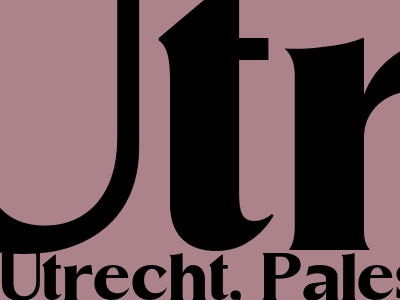
Palestinians Win Historic Vote in Utrecht for Boycott of Israel
Historic Decision Could Lead to Increased Pressure on Israel to End Occupation
Boycott, Divestment, and Sanctions Movement Gains Momentum
In a historic vote, the city council of Utrecht, Netherlands, has voted overwhelmingly in favor of a motion to boycott Israeli products and services. The motion, which passed with a vote of 28-7, makes Utrecht the first major European city to endorse the Boycott, Divestment, and Sanctions (BDS) movement.
The BDS movement is a global campaign that seeks to pressure Israel to end its occupation of the Palestinian territories, respect international law, and recognize the right of Palestinian refugees to return to their homes. The movement has been endorsed by a growing number of organizations and individuals around the world, including the United Nations Human Rights Council.
The vote in Utrecht is a significant victory for the BDS movement. It sends a clear message that the international community is increasingly impatient with Israel's occupation of the Palestinian territories and its violations of international law. The vote could also lead to increased pressure on other European cities and governments to adopt similar measures.
The Israeli government has condemned the vote in Utrecht, calling it a "dangerous precedent." However, the BDS movement is likely to continue to grow in strength as the international community becomes increasingly critical of Israel's occupation of the Palestinian territories.
Background of the BDS Movement
The BDS movement was launched in 2005 by a coalition of Palestinian civil society organizations. The movement's goal is to pressure Israel to end its occupation of the Palestinian territories, respect international law, and recognize the right of Palestinian refugees to return to their homes.
The BDS movement has three main components:
- Boycott: Boycotting Israeli products and services.
- Divestment: Divesting from companies that profit from Israel's occupation of the Palestinian territories.
- Sanctions: Imposing sanctions on Israel.
The BDS movement is a nonviolent campaign that seeks to achieve its goals through peaceful means. The movement has been endorsed by a growing number of organizations and individuals around the world, including the United Nations Human Rights Council.
Arguments for and Against BDS
There are a number of arguments for and against the BDS movement. Supporters of the movement argue that it is a necessary and effective way to pressure Israel to end its occupation of the Palestinian territories and respect international law. They also argue that the movement is nonviolent and does not target individual Israelis.
Opponents of the BDS movement argue that it is counterproductive and will only harm the Palestinian people. They also argue that the movement is discriminatory and unfairly targets Israel.
The debate over the BDS movement is complex and there are strong arguments on both sides. Ultimately, the decision of whether or not to support the movement is a personal one.